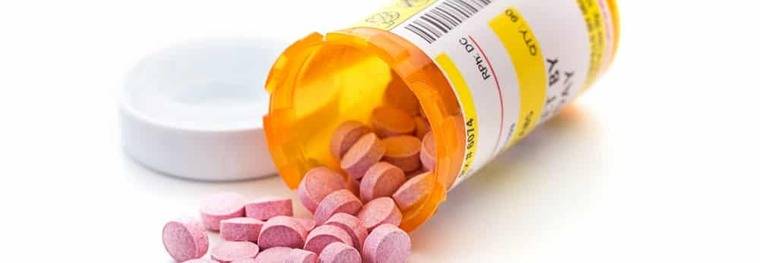- Home
- About Us
- Blog
- Join
- Addiction Treatment
- After Care Programs
- Getting a Loved One into Rehab
- Holistic Drug Rehab
- Interventions
- Life After Addiction Treatment
- Prescription Drugs
- Opiate Addiction Statistics
- Drug Rehab
- Abuse Statistics
- Sober Living Homes
- Addiction Recovery Tips
- Pain Killer Addiction
- Warning Signs Of Prescription Abuse
- What Are Opiates?
- Prescription Drugs Addiction
- What is an Opioid
- MS Contin Kadian Addiction
- When a Loved One has a Drug Problem
- Buprenorphine Doctors
- Drug Addiction
- Drug Detox
- 5 ways To Recover from Drug Addiction
- Codeine Detox
- Heroin Detox
- Drug Detox
- Lorcet Detox
- Medical Drug Detox
- Morphine Detox
- Morphine Withdrawal
- Opiate Detox
- Opiate Withdrawal
- Oxycontin Detox
- Oxycontin Withdrawal
- Prescription Drug Detox
- Vicodin Detox
- Painkiller Withdrawal
- Rapid Opiate Detox
- Vicodin Withdrawal
- Fentanyl Detox
- Percocet Detox
- What is Drug Detox?
- What to Expect During Drug Detox
- Drug Treatment
- How It Works

